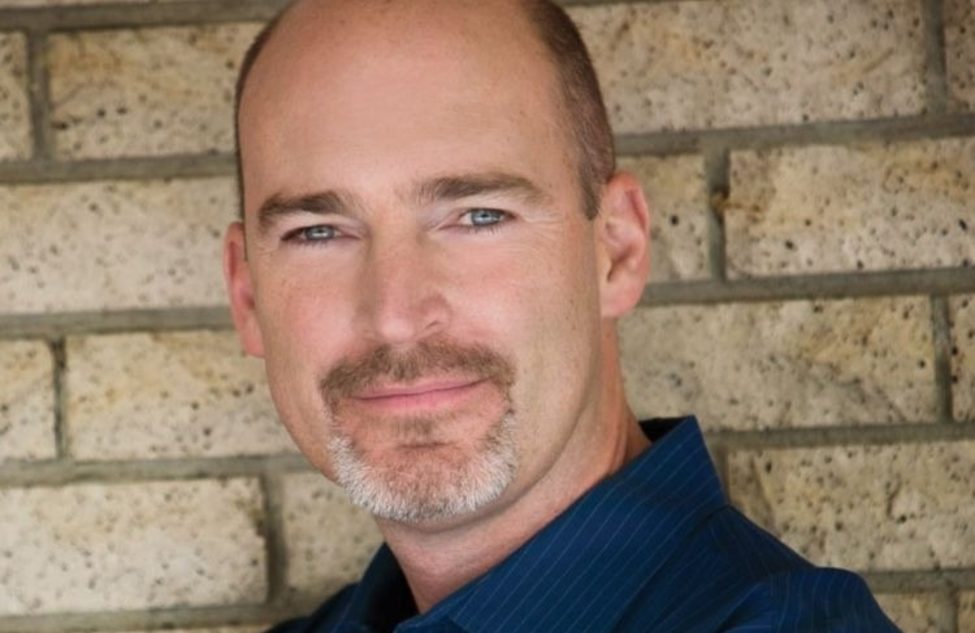Sometimes, when you get caught up in your business or what you’re doing, it’s easy to focus on the mistakes that you’re making and being too hard on yourself. You aren’t alone, especially if you’re an entrepreneur. People make the same mistakes, and people often get lost when trying to figure out what to do.
Break down those mistakes and process with Gino Wickman, our recent guest on Making Bank. Starting to work in his Dad’s business at a young age, Wickman eventually took over the company and managed to get it out of debt. Through that experience and more hands-on approaches, by the age of 31, Gino found out he wanted to help entrepreneurs become more successful.
Through all of that, Wickman observed the 8 most common mistakes that businesses fall into – and how they can get out of them. He also explores how the process of finding out what you’re supposed to do is never easy, and that’s okay. Learn how Gino helps guide people in finding out their path.

8 Common Mistakes Companies Run Into
When Wickman got the chance to step back from working in the business to observing business, he realized a sort of pattern. He says, “So, so each one of these eight critical mistakes I’ve experienced, experienced them at least a hundred times with my clients.“ These mistakes are:
- Not having a vision – not having an end goal
- Hiring the wrong people – not building the foundation for a support system
- Not spending time with your people – caring about relationships beyond work
- Not knowing who your customer is – not understanding what your audience wants
- Not charging enough – underestimating the worth of your product/business
- Not knowing your numbers – not keeping track of statistics that directly affect your business
- Not crystallizing roles and responsibilities – not determining which people are in charge of certain roles.
These are mistakes that hundreds of people experience many times throughout their business. You aren’t going to avoid these problems, but it’s important to recognize and change the behavior of the problems. It becomes difficult to solve these problems when the company goes from a small startup to a bigger business. You don’t want the mistakes to affect the foundation of the business, you want to grow to be better – not find out there’s a systematic problem later on down the line.
One of the biggest ways these mistakes are made is with the lack of communication. This can affect any of the 8 most common mistakes and either make them worse or help solve them. “What happens is you as the entrepreneur, you start the business, you get running, you start bringing people into the business and those people are just following your passion and lead.” But this can only go on for some long. You’ve got to keep circles connected, you have to remain on the same page and stay open about where you’re going and where you want to go.
Wickman suggests that you meet with your team weekly to communicate. Making time to discuss what is going on with each part of the company or business is vital when solving these mistakes or even figuring out there IS a mistake in the making. Having open communication is the easiest and simplest way to solve a mistake – having the discussion later on when it’s too late is a lot harder.

The Process of Finding Your Path
Making mistakes isn’t the only struggle when it comes to entrepreneurship. Sometimes, figuring out what you’re supposed to be doing or where you’re supposed to be going is the thing that could trip you up the most. Wickman understands this, and says, “The reality is there is no process for starting a business. They are all so messy and so crazy. And so scary.”
Wickman didn’t go to college; he knew that he wanted to work in the business. But what he did each year of his life when he worked in business was different than the last. Most of the time, he felt confused and lost, not knowing what he wanted to do. That was part of the process though, he needed to go through to get where he ended up.
All processes are different, and they’re going to have a range of outcomes. But one thing that Wickman observed, was there was a sort of four-step process that businesses follow. Step one is having an idea. This idea is based on what kind of services you want to create. Step two is taking the leap. You’ve got to grab opportunities or make them happen; you can’t just wait around. And after that leap, the next step is getting kicked around for a few years. Wickman says ten years in business is enough experience to finally know what you’re doing. And the last and final step: you emerge as an entrepreneur.
Each journey is different like each entrepreneur is different as an individual. Finding your path and going through your process is going to give you what YOU specifically need to succeed.
This is a Contributor Post. Opinions expressed here are opinions of the Contributor. Influencive does not endorse or review brands mentioned; does not and cannot investigate relationships with brands, products, and people mentioned and is up to the Contributor to disclose. Contributors, amongst other accounts and articles may be professional fee-based.

